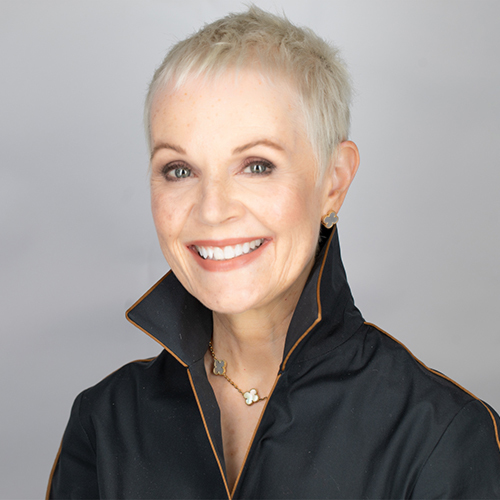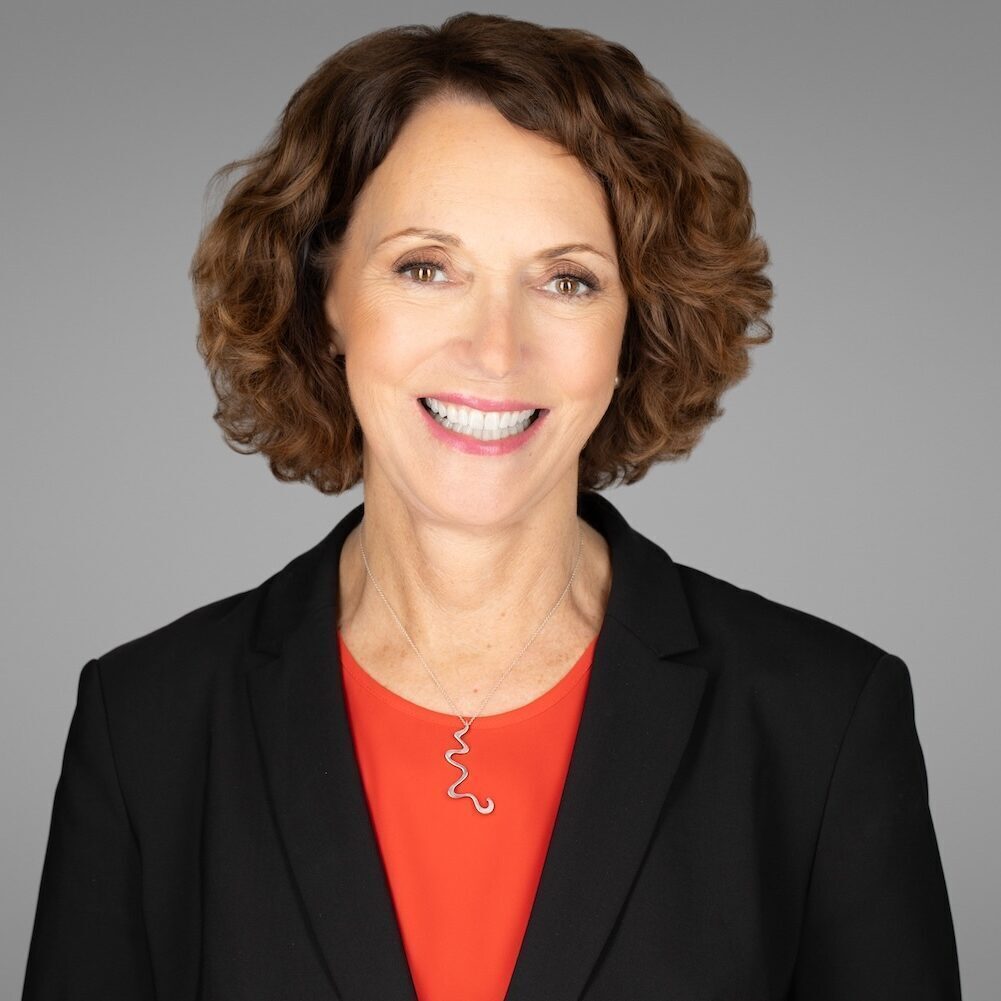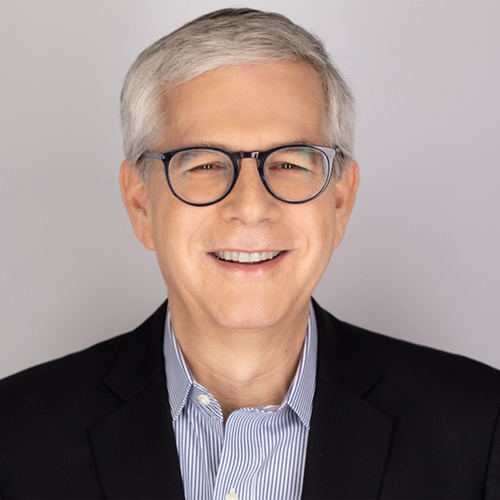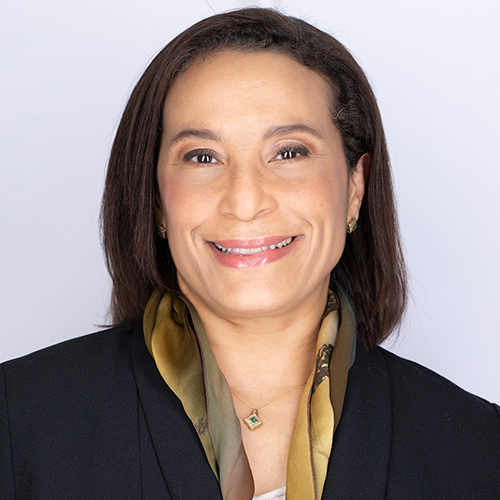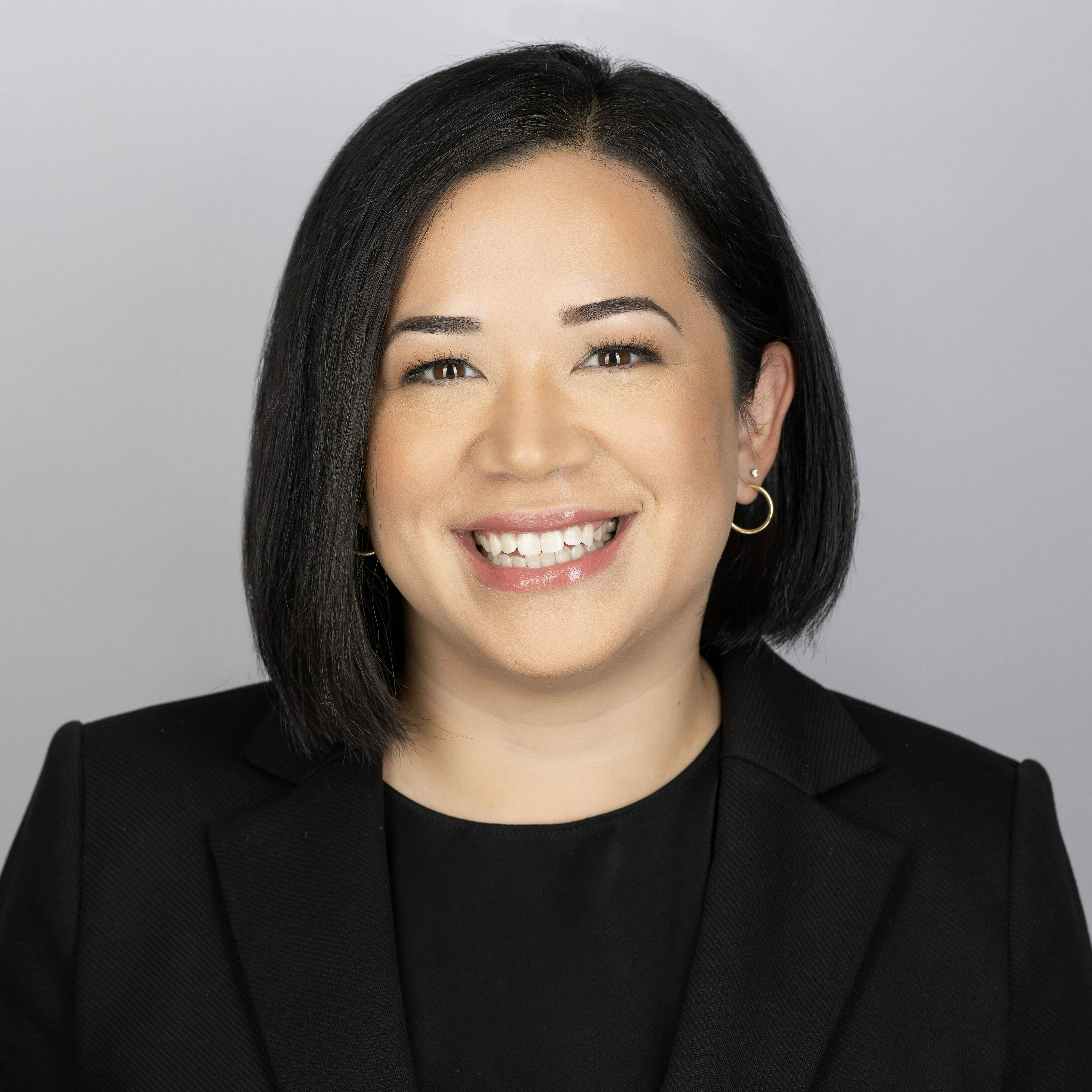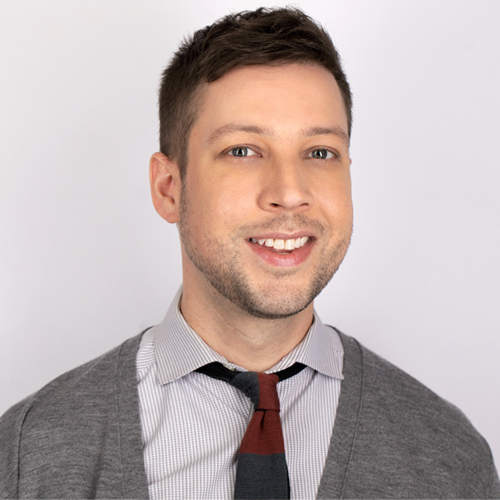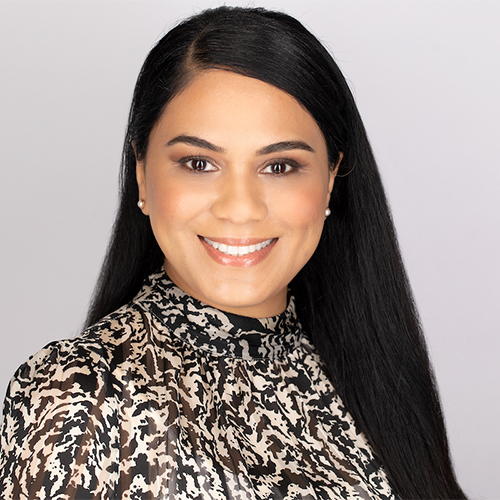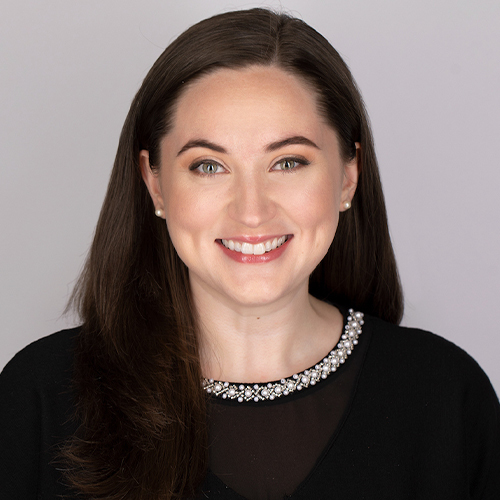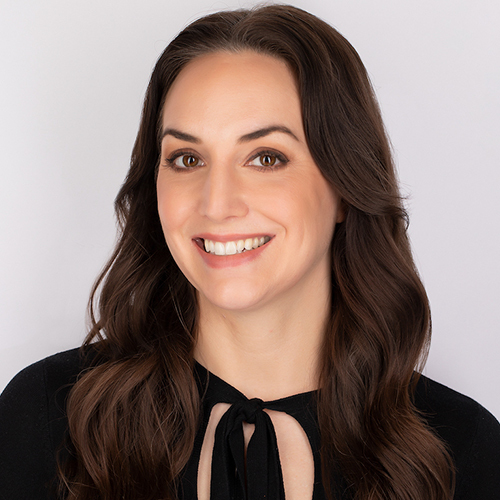Richard H. Driehaus made his first public philanthropic gesture in 1983 when he established the Richard H. Driehaus Foundation with an initial contribution of $1 million. Between 1984 and 1991, the Foundation awarded 125 grants totaling $2.2 million to organizations largely based in Chicago. By 1992, the asset base and grantmaking activity expanded to a level that required a formal structure. A board was formed, the first executive director was appointed, an office opened, and the number of grants and distributions accelerated. For more than three decades, the Foundation has provided impact-driven grants that support the local built environment, vibrant arts and culture, Chicago’s working poor, and investigative journalism for government accountability.
In 2003, the John D. and Catherine T. MacArthur Foundation and the Richard H. Driehaus Foundation formed a partnership to provide general operating and professional development grants to small and mid-sized arts and cultural organizations in Chicago. Over the course of this longstanding, 20-year regranting relationship, the MacArthur Foundation provided nearly $33 million to the Driehaus Foundation that supported hundreds of local organizations with budgets under $500,000. The program concluded in 2022.
Namesake awards of recognition have become a hallmark of the Foundation. Established to spotlight and celebrate outstanding efforts in historic preservation, they began in 1994 with the Landmarks Illinois Richard H. Driehaus Foundation Preservation Awards. Today, additional annual awards honor architectural excellence in community design, national historic preservation, Chicago bungalows, investigative reporting, and an international audio competition.
Through the Foundation’s work, we carry on the legacy of Richard H. Driehaus and his dedication to philanthropy in gratitude for those who provided him with opportunities throughout his life. We remain committed to historic preservation, architecture, and investment in the built environment to ensure that urban areas are designed to meet a community’s needs. We believe that the arts play an essential role in cultural life and understand that investigative reporting and an independent press have the power to improve society.
We value relationships and bring accountability, loyalty, respect, and trust to all of which we are part. We endeavor to be excellent stewards of the Foundation’s resources as well as of the partnerships and collaborations we make with individuals, organizations, and businesses.
We value quality of life, effective government, and the unique sense of place created by diverse, inclusive, and culturally vibrant communities. We believe these characteristics are integral to viable, healthy, urban areas. Through our grantmaking, we seek to ensure that urban places are sustainable, accessible, and meet the needs of all who inhabit them.
- John Chandler
- Maurice Cox
- Elizabeth Driehaus, Treasurer
- Michael Lykoudis
- Christopher Mellin, Secretary
- Dorothy Mellin, Vice President
- Laura Washington
- Ernest Wong
